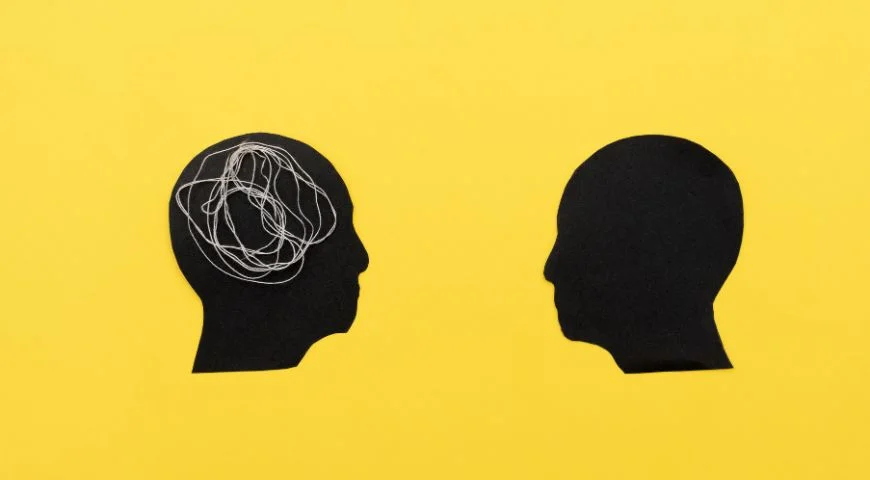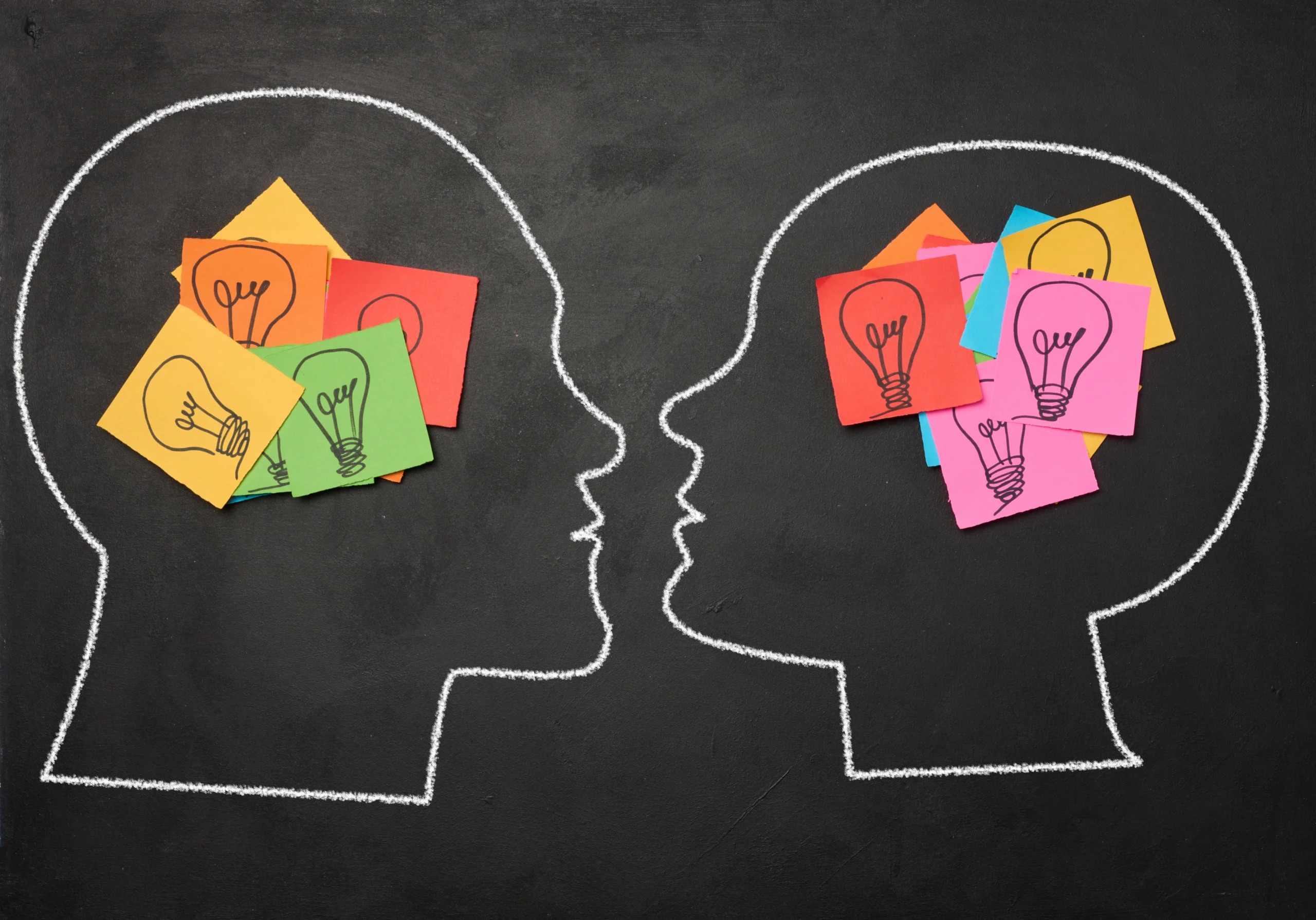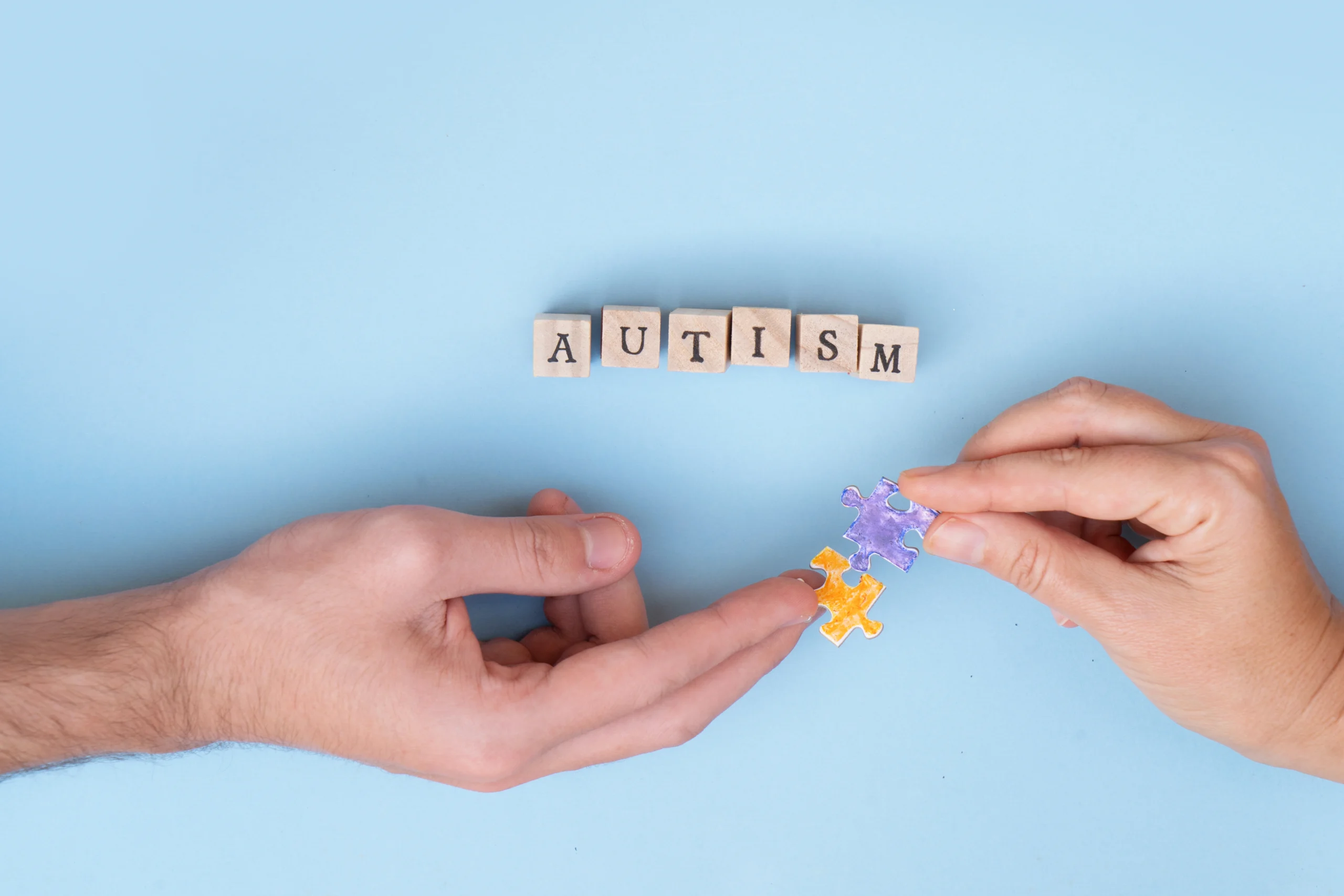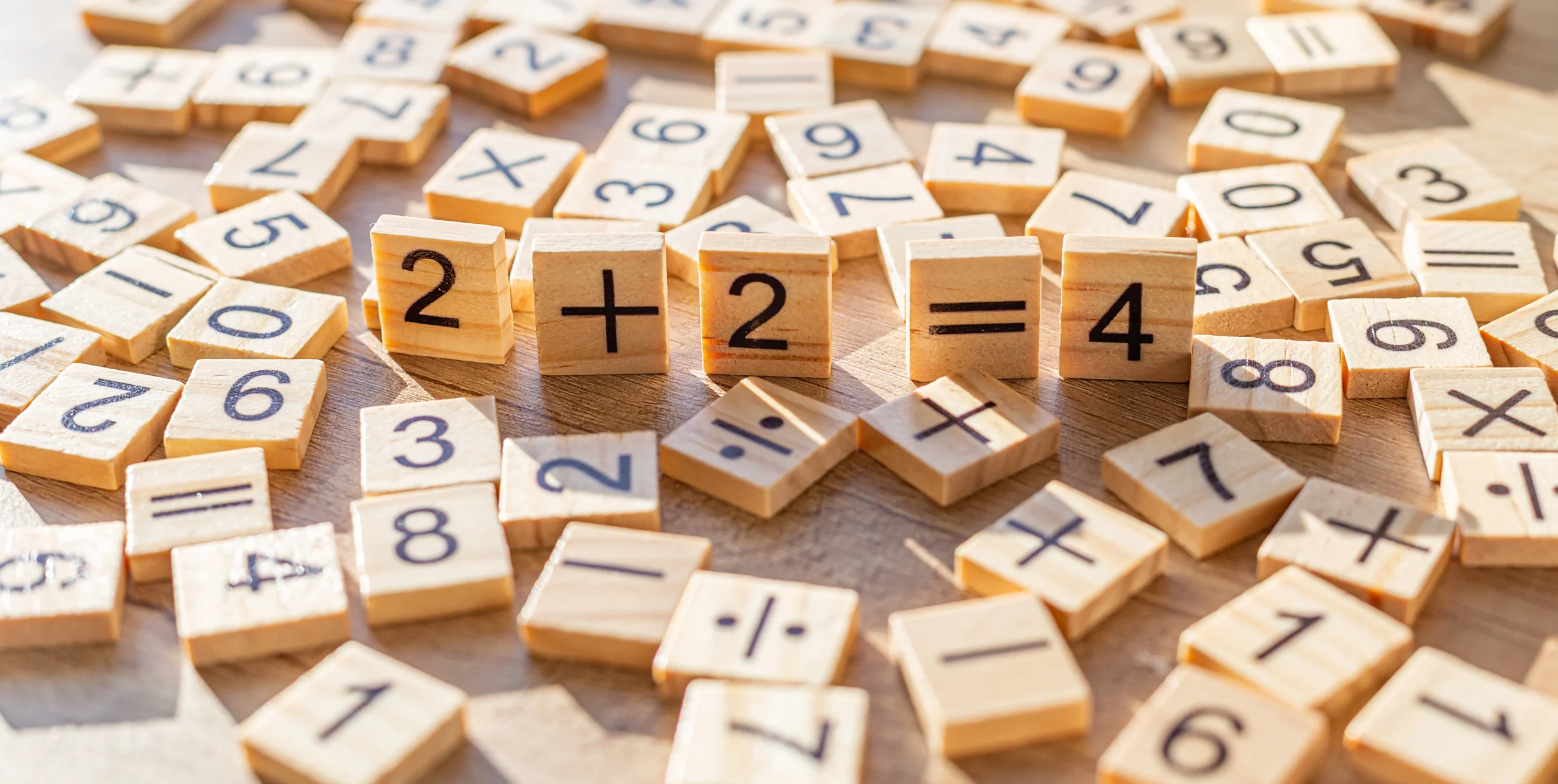It is easy to get swept up with the hustle and bustle of life, automatically responding to criticisms by snapping, closing off when offended, or distractions when under stress. But as an experienced psychologist in India and dedicated therapist in Mumbai, I have seen how profound transformation begins in a tiny, often overlooked moment: the space between stimulus and response.
Self awareness resides in this space, the pause. Here you may make the choice: Will you repeat old patterns, or make new ones? In this blog, I challenge you to consider this potent idea and how to apply it to support your emotional health and self development in your daily lives.
1. Understanding the Space: What Happens Between Stimulus and Response?
Any circumstance or event which provokes emotional or physical response is referred to as a stimulus. For example:
- Someone criticizes you
- Your lover remembers a day he lost.
- During a hectic day stress mounts.
Our instinct is to react in a hurry—at times in self-defense, at times by retreating. Between the stimulus (that which happens to us) and the response (how we act) there is a space. In this space we have an opportunity to:
- Pause and breathe
- Look back at what is actually going on.
- Select an answer that safeguard our emotional health.
This concept, articulated famously by Viktor Frankl, anchors much of the work I do with clients in couple counselling Mumbai, individual therapy, and group therapy sessions in Mumbai. Development of this awareness will liberate us to respond impulsively to life problems.
2. How Pausing Builds Emotional Wellbeing and Personal Growth
Once we know how to occupy this space, we will open a number of advantages:
- Self-Protection: The pause will enable you to determine whether the criticism is really directed at you or it is a display of stress on the part of the other person. This cushions your feelings of self and emotional security.
- Greater Mindfulness: Mindful responses are reached by choice as opposed to reaction. As a licensed psychologist in India, I often integrate mindfulness techniques into anxiety management programs in Mumbai to help clients embody their power in this space.
- Breaking Old Patterns: The majority of the emotional patterns are subconscious. Intentional pausing helps us to interrupt our automatic responses and sets the stage to new and healthier relations. This is crucial in premarital counseling services in Mumbai and therapy for clients with chronic post traumatic stress disorder symptoms.
3. Practical Ways to Harness the Space in Daily Life
These are a few practical measures to develop the potent gap between stimulus and response:
- Pause and Breathe: This occurs as a trigger to breathe deeply. This mere gesture triggers the parasympathetic nervous system which helps to control emotions and clear the mental blurriness.
- Ask Reflective Questions: rather than react, silently question yourself: Is this about me or something else? What do I want to feel and to do? This shuts down the chatter in the mind and focuses your mind.
- Become Mindful: Practices such as meditation get your brain used to this pause, making it more likely to happen across your day.
- Seek Support When Needed: Therapies such as those offered by experienced marriage and family therapists in Mumbai, or through online psychologist consultation in India, can strengthen your ability to engage this space, especially if past trauma or anxiety challenges you.
- Create Limits: This space can also be used to express yourself effectively and establish healthy boundaries of emotion rather than taking in negativity of other people unconsciously.
Conclusion: Reclaim Your Freedom and Growth
There are numerous moments of our life to practice stopping between stimulus and response. Not about perfection but just about being conscious of this space and leaning into it with compassion and intent.
As a PTSD specialist in Mumbai and provider of OCD treatment in India, I witness the transformational power this awareness brings. It does not only avoid reactive behaviors but creates emotional strength and creates genuine relationships.
Keep in mind: your freedom lies in the space between stimulus and response and it is your hidden treasure trove of freedom where you can grow as a person and where you can foster your emotional health.
About Me: Tanu Choksi
I am Tanu Choksi, an experienced, friendly and tolerant psychologist in India and talk therapist in Mumbai. My work spans individual therapy, child therapy, couples therapy, family therapy, teen therapy, group therapy, depression therapy, premarital counseling, anxiety, and PTSD to support clients in India and worldwide.
Connect with Me
- Instagram, Facebook & LinkedIn: Follow me @tanuchoksi for daily inspiration on emotional wellness and conscious living.
- Practo Profile: Ms. Tanu Choksi is a warm and friendly counselor and therapist in Mumbai, offering patient, non-judgmental, and rational solutions to personal problems.
Harness your inner power: practice pausing and choosing your response—you hold the freedom to design your emotional life.




